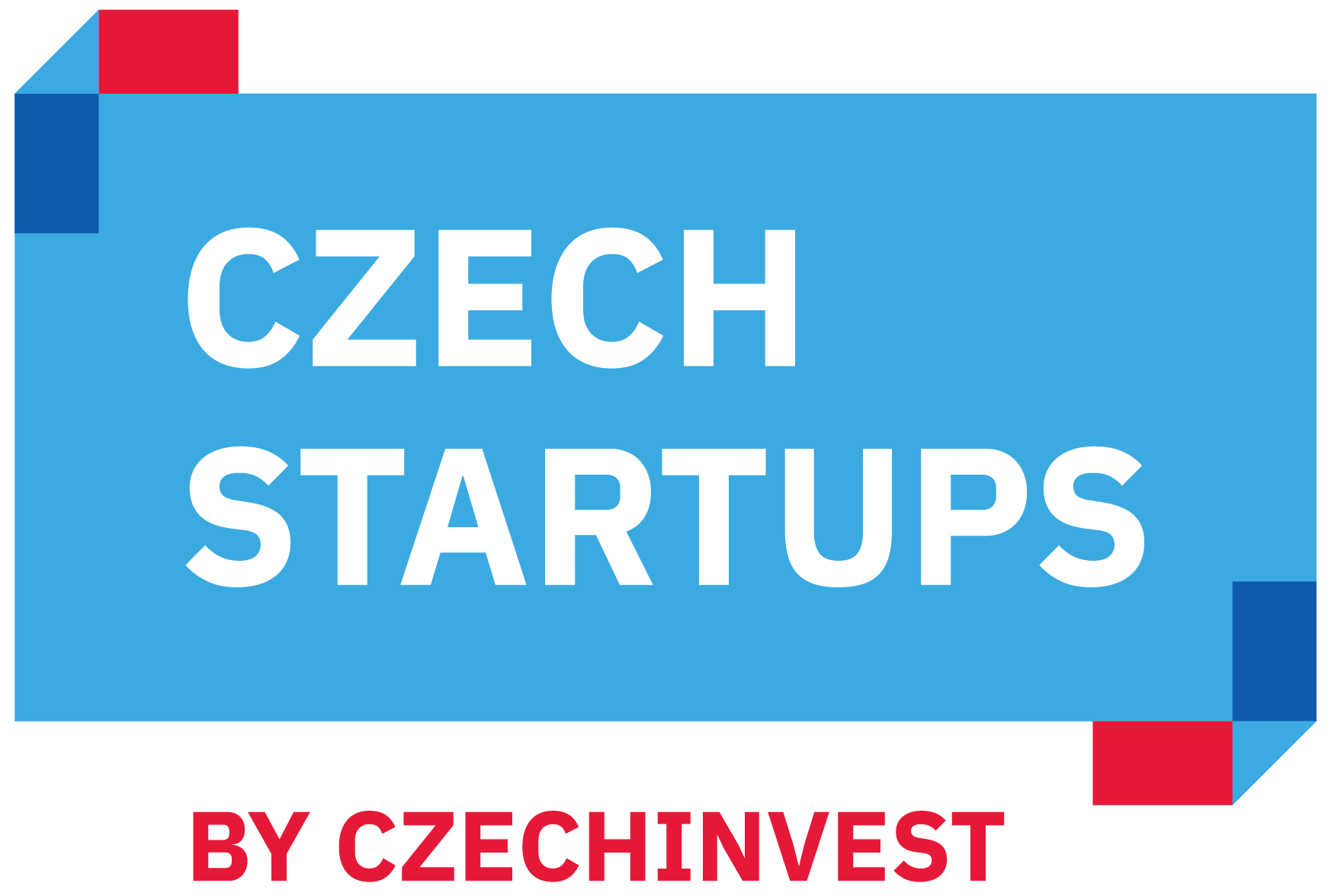The startup scene has long been characterised by a high degree of flexibility and the ability to rapidly adapt to new situations. This is especially true in the current period significantly affected by the COVID-19 pandemic. According to experts, the pandemic has helped a number of startups – particularly those operating in the digital world – to accelerate their development and to identify additional opportunities to take their business in new directions.
For a number of sectors, the past year has been very difficult from the business perspective. Anti-pandemic measures have had a very strong impact especially on companies in the area of gastronomy and the travel industry. Conversely, e-commerce and the digital environment in general have frequently recorded growth in tens of percent. Startups operating in the above-mentioned segments have also successfully dealt with the crisis and, according to experts, have even been helped by it in terms of their development.
“Startups are independent and very flexible units of the economy that are accustomed to encountering a turbulent and rapidly changing external environment and high degree of uncertainty on a daily basis. At the same time, they benefit from the advantage of having a smaller team and thus easier decision-making processes. They are also used to operating in the virtual environment, often exclusively. These attributes give them the potential to successfully cope with the crisis,” says Markéta Přenosilová, head of CzechInvest’s Startup and Innovative SME Division.
This is confirmed by Aleš Sobotka, an expert in the software business, sales and expansion to new markets. According to Sobotka, startups’ essential advantage over large enterprises during the crisis is their ability to quickly make decisions. Whereas in large companies simple decisions often require several people, in startups individuals and small groups of individuals make decisions on crucial issues.
Sobotka also says that the willingness and need to experiment are important in the case of startups. “Most successful startups experiment with their focus in the early stages, which has an impact on their products and services and their overall business strategy. They are more open to such experimentation, but they are primarily forced to do it by the market,” Aleš Sobotka explains.
Companies focused on development and stabilization in 2020
According to Markéta Přenosilová of CzechInvest, a number of startups used last year particularly to focus on the development of their business on the domestic
market and to prepare for expansion abroad, which they will undertake when the situation allows. There was also increased interest in the CzechStarter programme, which provides mentoring and consultations with top professionals.
“Startups received advice primarily in the areas of marketing, law, business planning and sales. They also addressed the issues of crisis management, adjustments to business models, pricing and marketing activities so that they could use the crisis for their own growth. In areas such as development of software intended for project, data and big data management, e-commerce, online marketing and virtual reality, they succeeded despite the global economic situation,” Přenosilová adds.
In some cases, even young companies found a new direction. According to Liliana Berezkinová, who manages the consulting firm Pipette & Chart and helps R&D companies find their way from the laboratory to international B2B markets, many people were inspired by the coronavirus crisis to establish new projects precisely because the pandemic revealed a number of weaknesses and flaws in many areas of our lives.
“Every unresolved – sufficiently robust – problem is a business opportunity. The pandemic is a global problem, so now more than ever, it is time to build solutions with global ambition. That has always been a bit of a weakness for startups in our region, but the tables are now turning and the know-how originating in the Czech Republic, whether that involves a diagnostic test or VR training, has buyers beyond what a number of founders may think,” says Liliana Berezkin.
Things expected to occur in the coming years happened in just a few months
The positive effects of the coronavirus crisis on business development are also confirmed by the startups themselves. Josef Beneš, founder of Stavario, which developed an advanced electronic construction log, states that the implementation of digital solutions has been significantly accelerated in the construction industry due to the pandemic. According to Beneš, companies are beginning to realise that this will increase their efficiency, leading to better economic results. “The current situation has helped to accelerate the whole process. What we expected in three to five years has suddenly happened over the past few months,” he says.
Influenced by the current situation, Stavario is further developing its application. “Because digital literacy has increased very sharply and customers much earlier learned to fully utilise the functions of tools like Zoom and Teams, they are suddenly asking for similar functions in our application. Among other things, that of course creates the need to substantially reinforces the capacities of our development team,” Josef Beneš adds.
Martin Ullmann, who heads the agricultural startup Ullmanna, expresses similar views. The company came up with a weeding machine that uses cameras and software to distinguish weeds from crops and then remove the weeds from the field. Ullman sees the shift of a large part of business to the online environment as a tremendous opportunity for startups.
“It’s no longer necessary to be in Prague, London or wherever. If you have a great product and a great team, you can present it to anyone. We attended a conference in the UK a few days ago. Thanks to that, we got some very important contacts and feedback, as well as connections to major players. If it had been a standard conference, the budget would have been spent on stands, hostesses and branding. This way, it was truly about the product,” Martin Ullmann explains.






